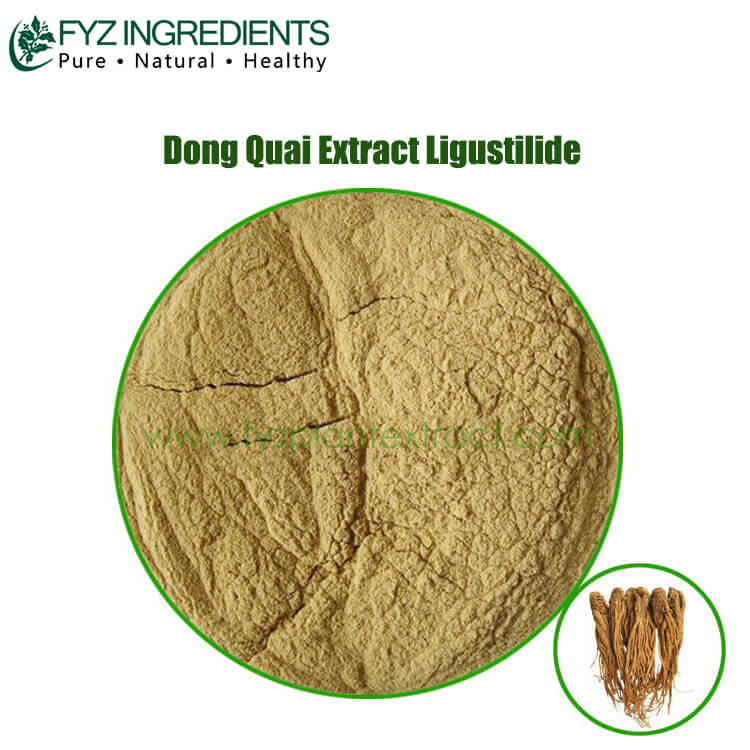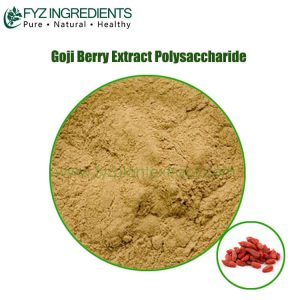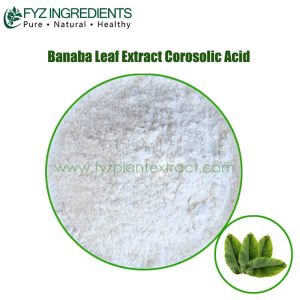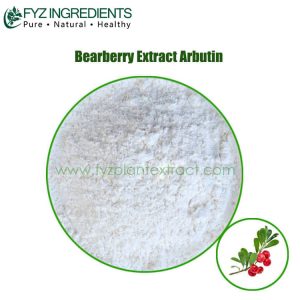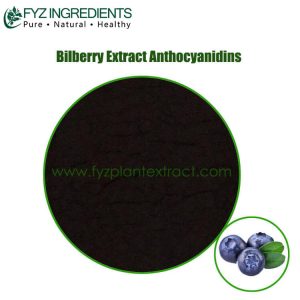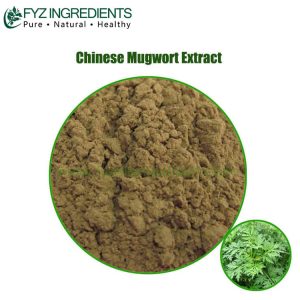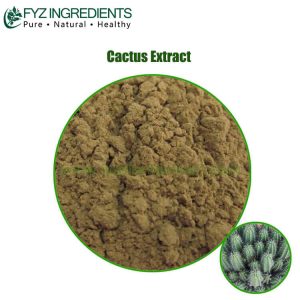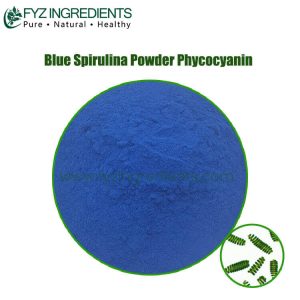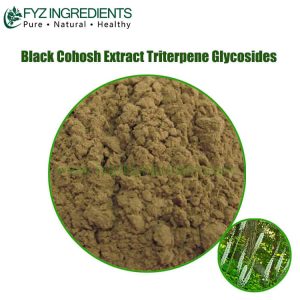What Is Dong Quai Extract Ligustilide?
Dong quai is a plant also known as Angelica China, Angelica sinensis, Angelicae Gigantis Radix, Angélique Chinoise, Angélique de Chine, Chinese Angelica, Dang Gui, Danggui, Danguia, Kinesisk Kvan, Ligustilides, Radix Angelicae Gigantis, Radix Angelicae Sinensis, Tang Kuei, Tan Kue Bai Zhi, Tanggwi, or Toki.
Dong quai extract has been used in alternative medicine as a possibly effective aid in treating premature ejaculation, when it is combined with other ingredients and applied to the outer skin of the penis before sexual intercourse. Dong quai may have been combined with other plants or extracts in a specific preparation to treat this condition.
Dong quai extract has also been used to treat menopause symptoms. However, research has shown that dong quai may not be effective in treating this condition.
Other uses not proven with research have included constipation, psoriasis, anemia, ulcers, joint pain, and high blood pressure.
It is not certain whether dong quai extract is effective in treating any medical condition. Medicinal use of this product has not been approved by the FDA. Dong quai extract should not be used in place of medication prescribed for you by your doctor.
Dong quai extract is often sold as an herbal supplement. There are no regulated manufacturing standards in place for many herbal compounds and some marketed supplements have been found to be contaminated with toxic metals or other drugs. Herbal/health supplements should be purchased from a reliable source to minimize the risk of contamination.
Chemical Constituents of Dong Quai Extract
Dong quai contains essential oil (0.4-0.7%) consisting of 45% ligustilide, n-butylphthalide, cadinene, carvacrol, safrole and isosafrol. The root also contains sucrose (40%) and various lactonesand vitamins, together with phytosterols, ferulic acid and coumarins, including osthole, psoralen and bergapten. Ferulic acid and ligustilide are considered to be the main active components and it has been suggested that assessment of total ferulic acid content provides a good measure of herbal quality.The active constituents in dong quai are a group of coumarin derivatives including oxypeucedanin, osthole, imperatorin, psoralen, and bergaptin.
Beneifts of Dong Quai Extract
Dong quai Extract is widely used in the United States to treat hot flashes and other symptoms of menopause, despite a lack of clinical data.
Dysmenorrhea
In vivo animal studies suggest that the basis for dong quai use in dysmenorrhea lies in its action of increasing excitability of the uterus; the rhythm of contraction changed from fast, weak, and irregular to slow, strong, and more regular. It has been postulated that the antispasmodic effects of dong quai are related to the volatile oil constituents ligustilide, butylidenephthalide, and butylphthalide, while the uterine-stimulating effect is due to the water-soluble components. Clinical trials are lacking.
Menstrual migraine
Among women with either menstrual migraine or simple migraine without aura, a combination preparation of soy isoflavones, black cohosh, and dong quai taken daily for 24 weeks decreased the frequency and severity of attacks. Dong quai has not been investigated alone for its effect in this indication.
Menopausal vasomotor symptoms
Randomized, double-blind, placebo-controlled trials of A. sinensis as a single agent and in combination found no difference for dong quai over placebo for menopausal vasomotor symptoms. No effect on endometrial thickness or on the level of estradiol or estrone was found in a trial of dong quai alone. The study material was standardized for ferulic acid content. In addition, Chinese traditional medicine does not recommend the use of dong quai alone, but rather in combination with other plant extracts. The North American Menopause Society concludes that dong quai is no more effective than placebo and that data on estrogenic activity are inconclusive.
Despite evidence that dong quai does not bind to estrogen receptors, experiments have demonstrated the ability of A. sinensis extracts to stimulate breast cancer cells lines (MCF-7 and BT-20). Considering the lack of evidence for effect on menopausal vasomotor symptoms, dong quai should not be used by menopausal women with breast cancer.
Angiogenesis
In vitro and in vivo animal experiments suggest that A. sinensis possesses angiogenic activity. Experiments on human periodontal and bone tissue have been conducted. The clinical relevance of these findings has yet to be confirmed.
Antiallergy
An aqueous extract of A. sinensis inhibited IgE-antibody production in a mouse model of atopic allergy. The extract was active orally and the activity was retained on dialysis, indicating that it was caused by high molecular weight components of the extract. The simple lactone ligustilide is thought to be a major bioactive principle of dong quai. Its antiasthmatic action was studied in guinea pigs.
Anti-inflammatory effects
Chemical constituents from related species have demonstrated anti-inflammatory effects in vitro and in animal experiments. Histamine antagonism and analgesic properties have also been demonstrated.
Antioxidant
An in vitro study demonstrated a protective effect of A. sinensis on hydrogen peroxide-induced endothelial cell damage.
Antispasmodic
Ligustilide and the related butylidenephthalide and butylphthalide were found to have antispasmodic activity against rat uterine contractions and other smooth muscle systems. The compounds were characterized as nonspecific antispasmodics with a mechanism different from that of papaverine.
Cancer
In in vitro experiments, A. sinensis extracts have induced apoptosism activity against cervical and hepatocellular carcinoma and leukemia cell lines, and inhibitory actions against a number of tumors.
CNS
The furocoumarin phellopterin has been characterized as a competitive partial agonist of central benzodiazepine receptors by gamma-aminobutyic acid (GABA) and TBPS shift assays, and to bind with high affinity to benzodiazepine receptors in vitro; however, other closely related furocoumarins were weaker or inactive. The ligustilide and butylidenephthalide constituents of Japanese angelica root may exert central noradrenergic or GABA activity.
Renal
Nephrotic syndrome has been traditionally treated with A. senensis and Astragalus mongholicus by Chinese practitioners. Animal models demonstrated an efficacy with these plant extracts similar to that of enalapril in preventing renal fibrosis and limiting the deterioration of renal function.
Flowchart of Production

Package and Shipping
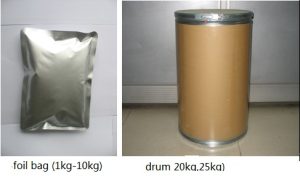
- By Express: Suitable for under 50kg, 5-10 days
- By Air: Suitable for more than 50kg, 7-15 days
- By Sea: Suitable for more than 500kg, 15-45days
Why Choose FYZ Dong Quai Extract Ligustilide?
- FYZ is a professional Dong Quai Extract Ligustilide manufacturer in China, provides private labels service.
- FREE SAMPLE (5-10g) for detection, if you need more, please contact us.
- Fast delivery by DHL/FedEx, air as your requirement.
- All of our products from nature, no additive.
- Money refund policy.

